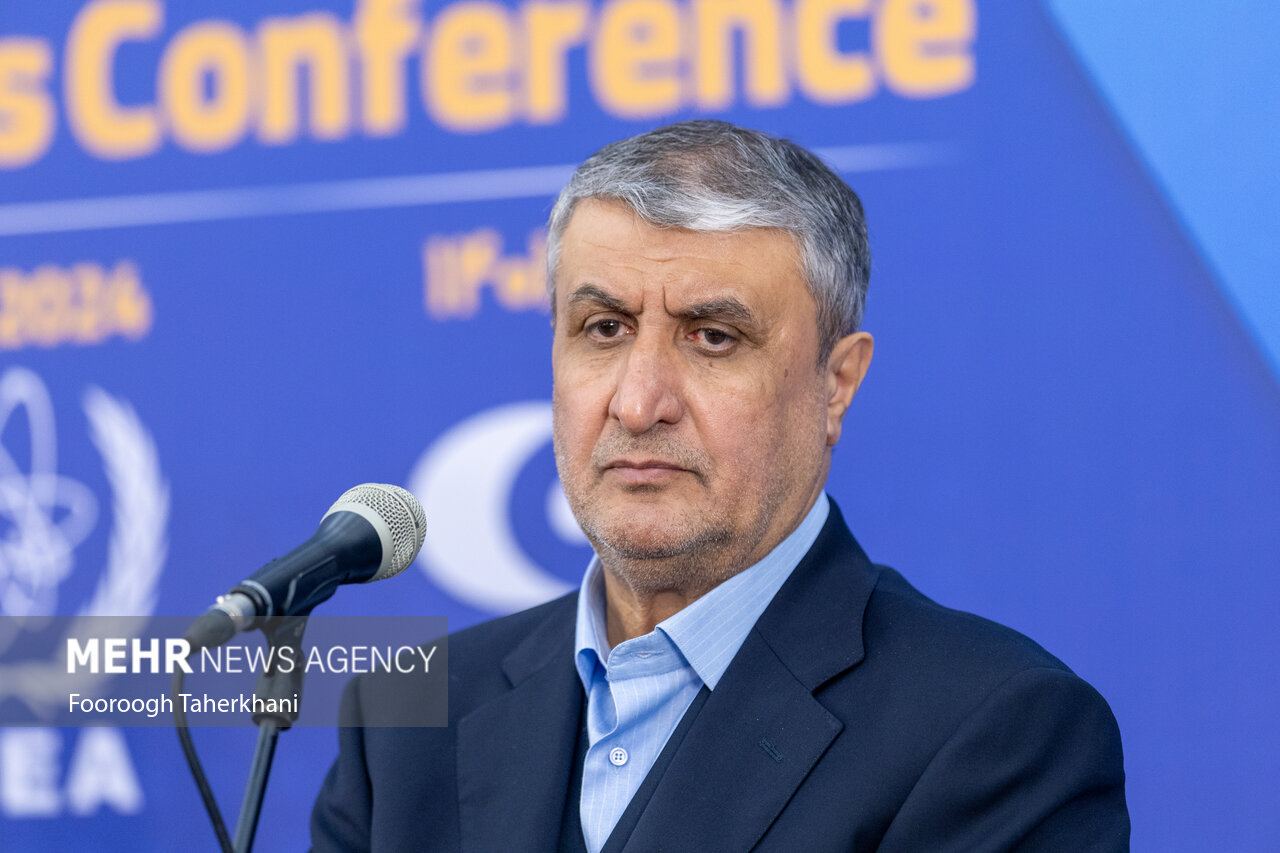ARTICLE AD BOX
HIS face puffy and his grey hair thinning, Julian Assange boards a luxury private jet and gazes from the window contemplating his freedom.
Hours after leaving a Belmarsh Prison cell, the Wikileaks website founder was on his way to a US court on a tiny Pacific island to plead guilty to an espionage charge.
 PA
PA PA
PA Reuters
ReutersAs Flight VJ199 prepared to land at Bangkok Airport yesterday — en route to his court appearance — his place in history was being hotly debated.
To Assange’s liberal cheerleaders, the 12 years he spent behind bars and holed up in London’s Ecuadorian embassy while facing extradition make him a courageous freedom-of- speech martyr.
To others, he’s a self-serving braggart who endangered the lives of British service personnel by publishing a trove of secret documents.
Adored by the luvvie elite, many taxpayers will be pleased to see the back of him. His seven years holed up inside the Ecuadorian embassy are said to have left Brits picking up a £13million policing tab.
For many, he is a dangerous and foolhardy anarchist rather than “the Robin Hood of hacking”.
On Monday — after five years behind bars at HMP Belmarsh — a plea bargain with US authorities saw him whisked to Stansted Airport to take a flight to freedom, with Thailand his first stop.
Australian Assange, 52, boarded a Bombardier Global 6000 private jet chartered by the Aussie government.
As the flight prepared to land in Bangkok to refuel, he was snapped looking out the plane window.
The image was then posted on a Wikileaks social media page.
‘Endangered lives’
Bizarrely, his case is being heard in Saipan, the capital of the Northern Mariana Islands, a US territory in the Pacific Ocean.
Assange had been accused of working with ex-US army intelligence analyst Chelsea Manning to leak hundreds of thousands of classified documents.
Manning was jailed for 35 years in 2013 but freed four years later after Barack Obama intervened.
Now, the deal for Assange is that he pleads guilty to a single espionage charge. Then, due to the time he has already spent behind bars, he will be free to continue on to Australia.
His wife Stella, 40, revealed: “It’s a whirlwind of emotions. I’m just elated frankly, it’s just incredible. It feels like it’s not real.”
Not everyone is so happy. Ex-Australian foreign minister Alexander Downer said: “We can now say Assange was guilty of a very serious offence.
“Most people in Australia would agree it’s not appropriate to steal national security information and publish it — governments have to have some degree of privacy in their communications.
“I don’t think many Australians have sympathy for him.
“Just because he is Australian doesn’t mean he’s a good bloke.”
Former US vice-president Mike Pence is enraged by the plea bargain.
The former Indiana governor said: “Assange endangered the lives of our troops in a time of war and should have been prosecuted to the fullest extent of the law.”
Assange’s legal battles — which included rape and molestation accusations in Sweden — saw him claim asylum in the embassy. For seven years he lived an existence which he likened to “the Truman Show”.
Celebrity visitors included Pamela Anderson, Vivienne Westwood, Lady Gaga, American actors John Cusack and Maggie Gyllenhaal, Yoko Ono and her son Sean, and even former Manchester United star Eric Cantona.
Despite being unable to leave the embassy, he managed to father two sons — Gabriel and Max, aged seven and five — with lawyer Stella Moris, who he married behind bars in 2022.
Swedish-Spanish lawyer Stella, 40, explained: “I was in the embassy every day and Julian became a friend. Over the years he went from being a person I enjoyed seeing to the man I wanted to see most in the world.”
Unable to leave the embassy for fear of arrest, Assange watched his children being born in London hospitals via video link. He met Gabriel for the first time when he was smuggled into the embassy.
Meanwhile, Assange upset his Ecuadorian hosts with his rowdy behaviour.
Unable to exercise outside, he was said to have caused mayhem, skateboarding in corridors, leaving dirty dishes out and blasting loud music. The hacker was also accused of smearing faeces on embassy walls.
It’s a whirlwind of emotions. I’m just elated frankly, it’s just incredible
Wife StellaIn April 2019, he was arrested by Met cops and taken to Belmarsh.
With his long beard and wild grey hair, he resembled a digital age Rip Van Winkle.
The Ecuadorian government cancelled his asylum status, saying it was tired of his “discourteous” behaviour and poor personal hygiene.
Ecuador’s president Lenin Moreno branded Assange a “spoilt brat”, adding: “From now on, we’ll be more careful in giving asylum to people who are really worth it, not miserable hackers whose only goal is to destabilise governments.
“When you’re given shelter, cared for and provided with food, you don’t denounce the owner of the house.”
 David New - The Sun
David New - The Sun LNP
LNPAssange’s apparent rebel nature can be traced to his nomadic childhood. He lived in 30 Australian towns and cities before he turned 14.
He was taught at home for a time, with mum Christine feeling that too much formal schooling would give him an excessive respect for authority.
One school mate remembered Assange being bullied by “rednecks” and how “smart” he was, revealing: “No one could beat him at maths.’’
Aged 17, his interest in computers became an obsession. Using the pseudonym Mendax, he joined other hackers to form an alliance called the International Subversives.
Police raided his home and charged him with hacking-related offences. He pleaded guilty to 24 charges and was given a small fine.
He would also father a son Daniel, but his relationship with the child’s mother soon fractured. Battling for custody of his son, he worked in computer security and studied physics at the University of Melbourne.
In 2006, Assange founded Wikileaks — an internet dropbox where anyone could deposit secret information relating to any organisation.
A cryptic network made it impossible for authorities to trace the whistle- blowers who leaked the material.
Exposed corruption
“I enjoy helping people who are vulnerable,” Assange said. “And I enjoy crushing bastards.”
Wikileaks published information about a Swiss bank, the Church of Scientology and exposed evidence of corruption by former Kenyan president Daniel arap Moi.
Then, in July 2010, came a massive dump of 72,000 classified documents relating to the war in Afghanistan, where thousands of British military personnel were serving.
It contained names and locations of Afghan informants who had aided Coalition forces and unleashed worldwide condemnation, with then US President Barack Obama saying the leaks “could potentially jeopardise individuals or operations”.
Ex-US vice-presidential candidate Sarah Palin wrote of Assange: “Why was he not pursued with the same urgency we pursue al-Qaeda and Taliban leaders?’’
A month later, Assange was arrested in Sweden on suspicion of “rape, sexual molestation and unlawful coercion” following encounters with two women.
His British lawyer, Mark Stephens, said it stemmed from a “dispute over consensual but unprotected sex’’.
I don’t think many Australians have sympathy for him
Ex-Australian foreign minister Alexander DownerProsecutors said that in itself may constitute rape under Swedish law. The hacker denied the allegations, calling them “deeply disturbing”.
Wikileaks continued publishing troves of documents. In October 2010, 400,000 classified military files relating to the Iraq war appeared.
A month later, thousands of US diplomatic cables were dumped on the site which embarrassed allies.
In one, then UK Prime Minister Gordon Brown was said to have an “abysmal track record” which caused him to go from political “disaster to disaster”.
Interpol issued an international arrest warrant in November for Assange over the rape and molestation claims.
His mum Christine, who ran a puppet theatre in Australia, said at the time: “He sees what he’s doing as a good thing in the world — fighting baddies, if you like.”
In December 2010, Assange was arrested in London after his lawyers “negotiated a meeting with police”.
Bailed when supporters put up £240,000 in cash and sureties, he spent years fighting extradition to Sweden.
Friends and allies suggested the claims were drummed up so he could be held and extradited to the US to answer for the leaks.
In 2012, when all legal appeals against extradition were exhausted, he breached his bail and sought asylum inside the Ecuadorian embassy.
In 2015, Sweden’s probe into sexual molestation and unlawful coercion claims was dropped after a legal time limit passed. The rape accusation would also be ditched by prosecutors.
But Assange still faced a battle against his extradition to the US over an alleged role in “one of the largest compromises of classified information in the history of the United States”.
In April, US President Joe Biden said he was “considering” dropping the prosecution following a request from Australia.
Then came Assange’s freedom flight, which cost the Aussie government £393,000 to charter.
Stella said: “We’re going to launch an emergency fund to try to get this money so that we can pay it back.”
Britain is rid of an egocentric man who believed he was on the side of justice. Many will say good riddance.
 Britain is rid of an egocentric man who believed he was on the side of justice, above Assange in 2010
Britain is rid of an egocentric man who believed he was on the side of justice, above Assange in 2010.png)
 5 months ago
5
5 months ago
5








 English (US)
English (US)